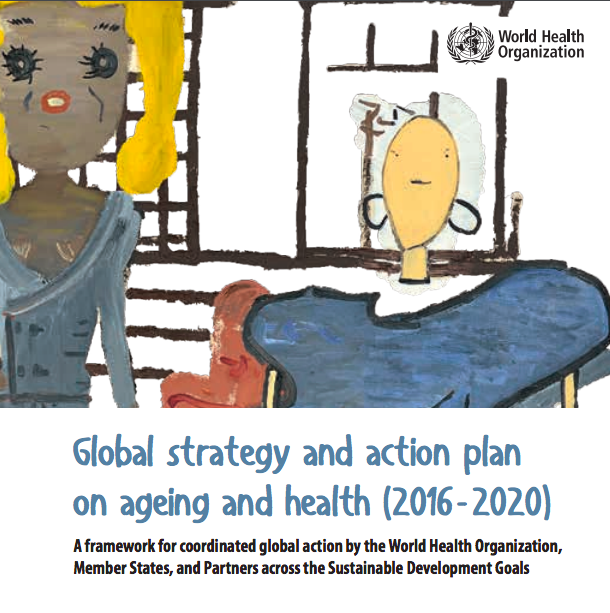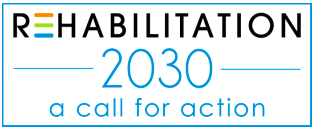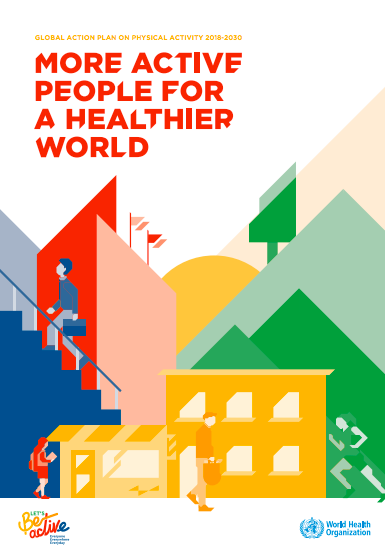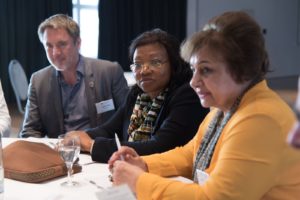Working with the WHO
G-MUSC aims to be the voice for musculoskeletal health on the global level and the competent partner for the WHO for all musculoskeletal issues.
In a recent paper in the WHO Bulletin there are 3 priorities identified for action for MSK at a global level:
-
Explicit advocacy for, and integrate musculoskeletal health and persistent pain into existing global and/or regional policy reform initiatives for non-communicable diseases to drive appropriate policy and service implementation, particularly as part of action towards the sustainable development goals.
-
Targets and monitoring for functional ability should be set as part of noncommunicable diseases global health surveillance and as part of the health sustainable development goals performance targets.
-
Musculoskeletal health should be part of noncommunicable diseases national policy reform and should leverage models of care for musculoskeletal health
G-MUSC is invited to participate in expert working groups of the WHO and is actively participating in relevant WHO campaigns.
Decade of Aging

In May 2016 the WHO adopted a strategy called “Multisectoral action for a life course approach to healthy ageing: global strategy and plan of action on ageing and health” (Document A69/17). This strategy resulted in 2020 – 2030 being identified as the Decade of Health Aging. As the rates of MSK conditions increase with aging G-MUSC engaged with the WHO to increase the global attention on MSK conditions.
Background Paper on Musculoskeletal Health
G-MUSC is pleased to have contributed a background paper to the Report on Ageing and Health. The paper titled: “Background Paper on Musculoskeletal Health and the Impact of Musculoskeletal Disorders in the Elderly” defines musculoskeletal (MSK) health and considers the importance of a functional and pain-free MSK system for active healthy ageing.
In 2018 with the support of the German Ministry of Health, G-MUSC organised a conference with global experts on “Importance of Musculoskeletal Health for Healthy Ageing” and was enabling WHO to have a global consultation meeting on “Integrated care for older people (ICOPE) – the path to universal health coverage“
Rehabilitation 2030

In 2017 the WHO identified that “there is a substantial and ever-increasing unmet need for rehabilitation worldwide, which is particularly profound in low- and middle-income countries. The availability of accessible and affordable rehabilitation is necessary for many people with health conditions to remain as independent as possible, to participate in education, to be economically productive, and fulfil meaningful life roles”. This has led to the launch of a Call for Action Rehabilitation 2030. Rehabilitation is critical for all MSK conditions and G-MUSC supports this call for action and is actively involved in the next steps towards the goals.
WHO Rehab 2030: A call for action
Physical Activity

In conjunction with Non-Communicable Diseases (NCDs) the WHO has developed a platform to support physical activity. This strategy provides a global action plan for 2018 – 2030. MSK conditions cause pain and disability and result in a loss of physical activity. Reduced physical activity is also a risk for the development of MSK conditions such as osteoarthritis. As such G-MUSC supports the Action Plan.
Global action plan on physical activity 2018-2030
Healthy Life Expectancy


